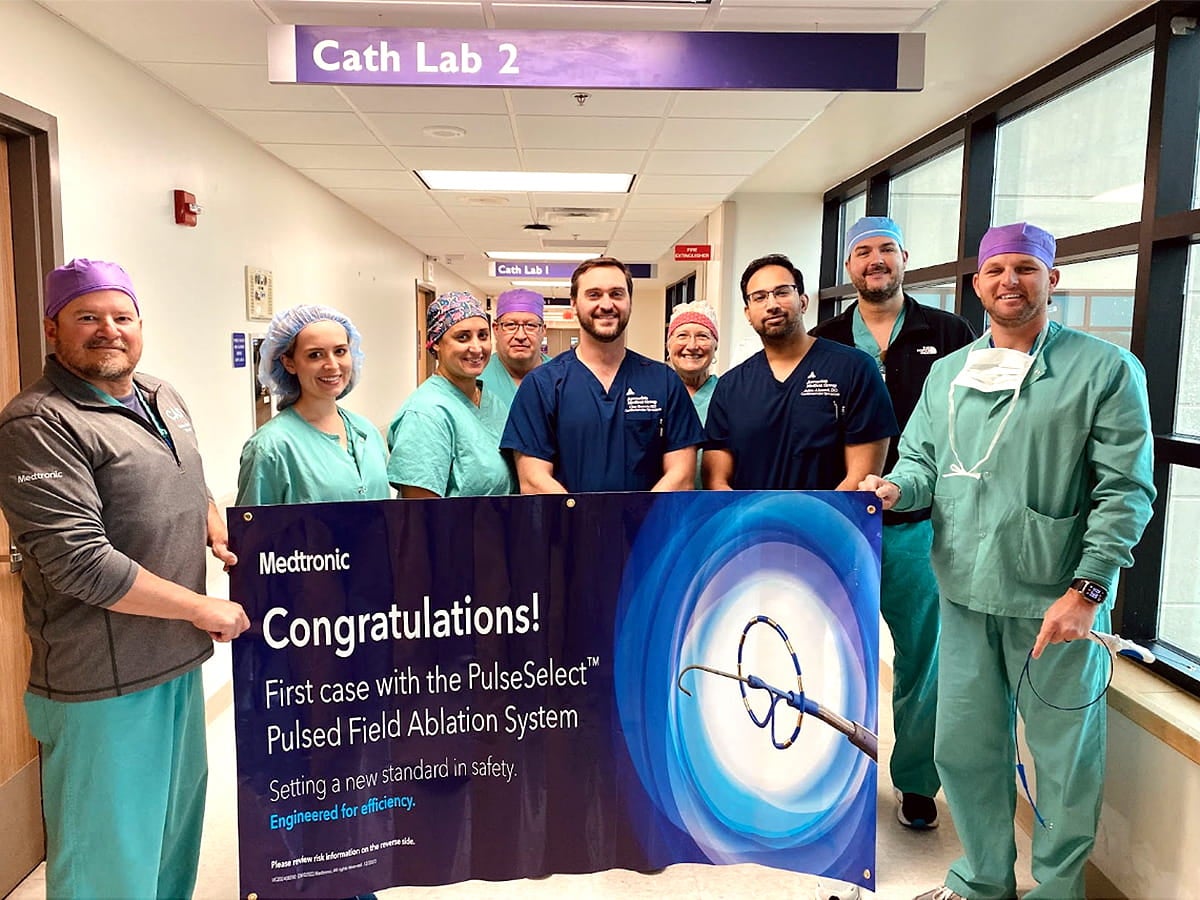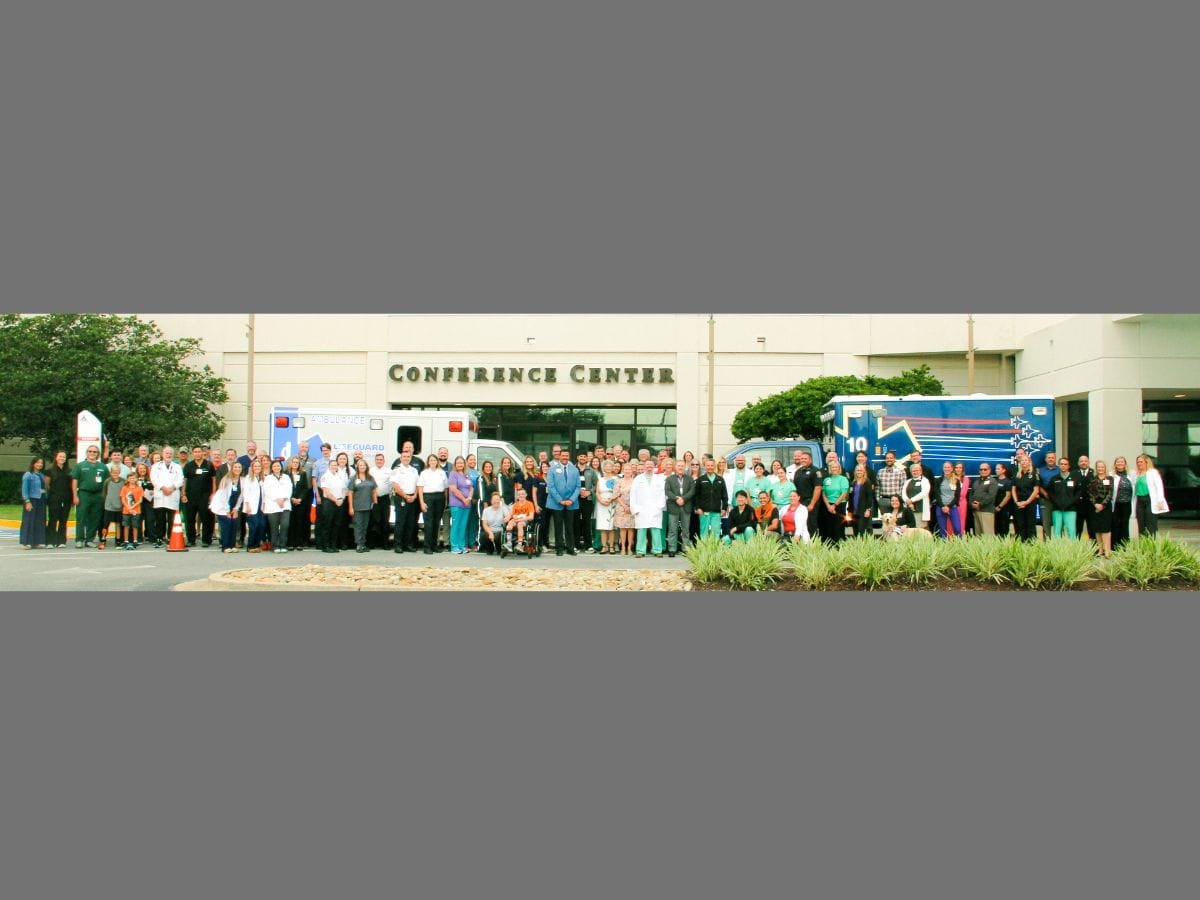Ascension Florida is at the forefront of cardiac care, especially when it comes to treating AFib, one of the most frequent causes of irregular heart rhythm in the U.S., affecting millions of people each year and significantly increasing the risk of stroke.
Thanks to recent technological advancements, like pulsed field ablation, we're transforming AFib treatment and enhancing patient outcomes. Pulsed field ablation offers patients a breakthrough, non-thermal solution that is faster and safer, with less discomfort. We’ve been using pulsed field ablation in clinical trials and in our general practice since it was approved by the FDA, treating thousands of patients with this technology across North Florida.
Our statewide reach
Ascension Florida facilities have been performing this advanced procedure:
- In Jacksonville, Ascension St. Vincent’s Riverside is pioneering pulsed field ablation in the area and has already treated nearly 1,000 patients with this technology having only begun using it roughly a year ago.
- Likewise, at Ascension Sacred Heart Pensacola, we were the first in the city to utilize cardiac pulsed field ablation.
- Ascension Sacred Heart Bay is the only facility in the immediate area to offer ablations, including pulsed field ablation to AFib patients.
- A cardiac electrophysiologist at Ascension Sacred Heart Emerald Coast performed the facility’s first pulsed field case last summer.
Why is pulsed field ablation important?
AFib is a heart condition where the upper chambers of the heart beat irregularly, disrupting the heart’s normal rhythm. This can lead to complications like heart failure or stroke and may cause symptoms of breathlessness or fatigue, especially if left untreated.
Traditionally, AFib was managed through medications or procedures that use varying temperatures to destroy the tissue causing abnormal electrical signals. While effective, these methods can sometimes cause complications. Pulsed field ablation, on the other hand, uses a unique non-thermal energy source to create precise ablations that only affect heart tissue.
This approach is much less likely to damage surrounding structures, offering a safer, faster treatment for patients. This type of ablation treatment offers several key advantages over traditional thermal ablation. One of the most significant benefits is that it can be performed in most patients using just IV sedation, similar to a colonoscopy, rather than the general anesthesia required for conventional procedures. It's a gentle procedure, allowing most patients to recover faster and with less discomfort. At our institutions, we have eliminated the need for radiation during the procedure, a crucial factor that sets it apart from other techniques. With fewer risks and side effects, pulsed field ablation is proving to be a more accessible option for both healthy and high-risk patients.
As we continue to grow and refine our use of pulsed field ablation, we are committed to making it a safe, fast and effective treatment for those affected by AFib. If you or a loved one are living with AFib, speak with your doctor about the latest treatment options available, including pulsed field ablation.




